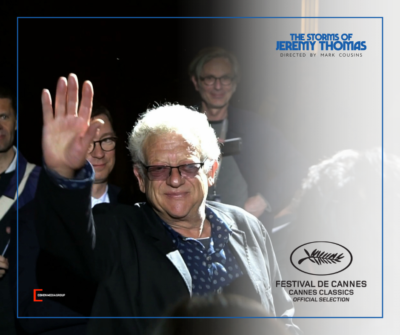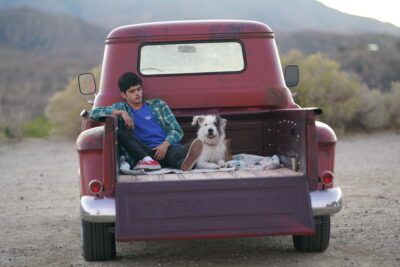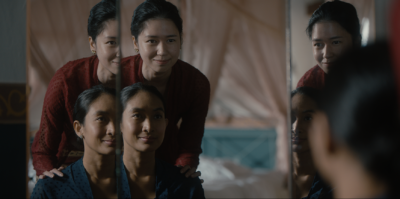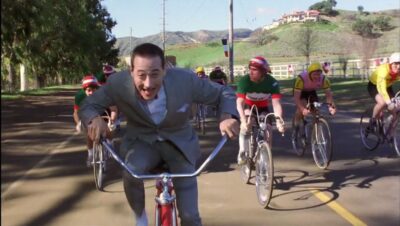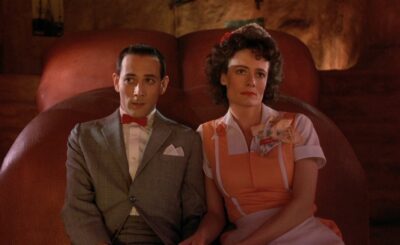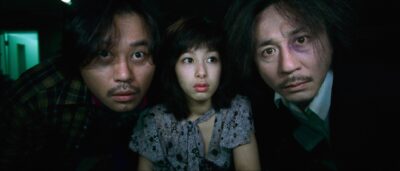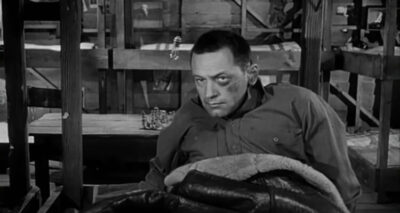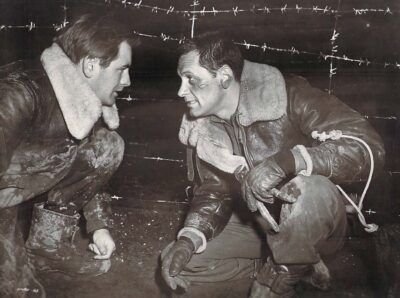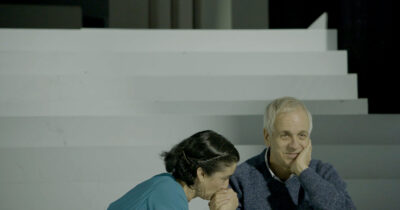The new comedy-drama Amerikatsi is set in 1948, when an Armenian-American repatriates to Armenia only to end up in a Soviet prison. He discovers he can see into a nearby apartment from the confinement of his cell window, and through that man’s lively home life he discovers the rich culture of his native Armenia hidden behind the Iron Curtain. Veteran film critic Thelma Adams described the film as “a stirring labor of love that witnesses the darkness of the past, and seeks out the light.”
From Armenia-American Filmmaker Michael Goorjian: Films about Armenia have mostly focused on the Genocide, which is crucial. But as a people, there is so much more to who we are! Our music, our food, our passion, our “over-the-top” generosity, our love for life. Amerikatsi celebrates and shares this side of Armenia with the world, a side which since my boyhood, I have longed to know and reconnect with.
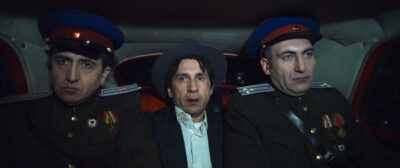
In many ways, the main character Charlie’s dream of returning to his homeland reflects the dream of not only the Armenian Diaspora, but hundreds of millions of people throughout the world who long to connect to their native land. For many, especially in America, we feel that far-away-land pulsing in our blood, calling for us to return. But, like Charlie, the reality of our ancestral homeland doesn’t always turn out to be what we imagined it would be. The connection we long for is always just out of reach, as if residing on the other side of a prison wall.
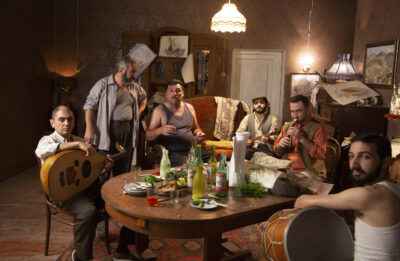
To learn more, here’s an interview with Mr. Goorjian that MovieWeb just published headlined “Exclusive: Amerikatsi Filmmaker Michael Goorjian on His Armenian Passion Project.”

